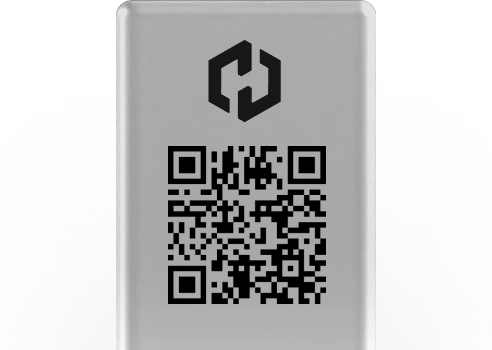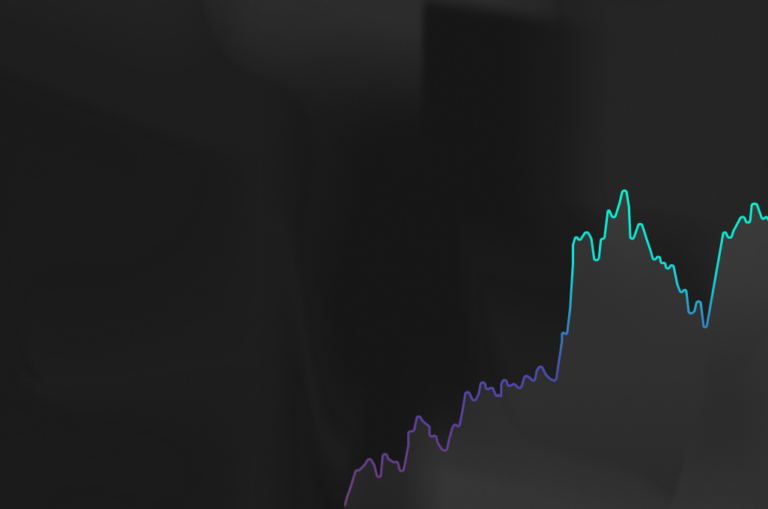The member states of the European Union will start applying directive 2018/843 by the end of the month. For the first time, it gives a definition of what cryptoassets are. They refer to them as “virtual currencies”.
This is a major milestone as it provides a legal definition for cryptoassets at a European level, distinguishing them from fiat currencies.
The definition, still pretty broad, is as follows:
“Virtual currencies” means a digital representation of value that is not issued or guaranteed by a central bank or a public authority, is not necessarily attached to a legally established currency and does not possess a legal status of currency or money, but is accepted by natural or legal persons as a means of exchange and which can be transferred, stored and traded electronically”
Then, member states are told not to confuse virtual currencies with electronic money:
“Virtual currencies should not be confused with e-money. Although virtual currencies can often be used as a means of payment, they could also be used for other purposes and have wider use. , for example as a means of exchange, investment, as valuable value products or used in online casinos “.
Through the directive, the terms “cryptoassets”, “cryptocurrencies” or “Bitcoin” are not used at all, even tho it is quite evident that they make reference to them.
Coinhouse falls into the definition for “Providers engaged in exchange services between virtual currencies and fiat currencies” and “custodian wallet providers”. The latter is defined as “an entity that provides services to safeguard private cryptographic keys on behalf of its customers, to hold, store and transfer virtual currencies”. These services will most likely be more controlled in how they operate under this directive.
Considering the European Parliament directive, Coinhouse is ideally positioned with strong KYC/AML procedures and frequent meetings with French regulators that have for an objective to help in their understanding of cryptographic assets and stay in phase with future regulations, both at national and European level.


























